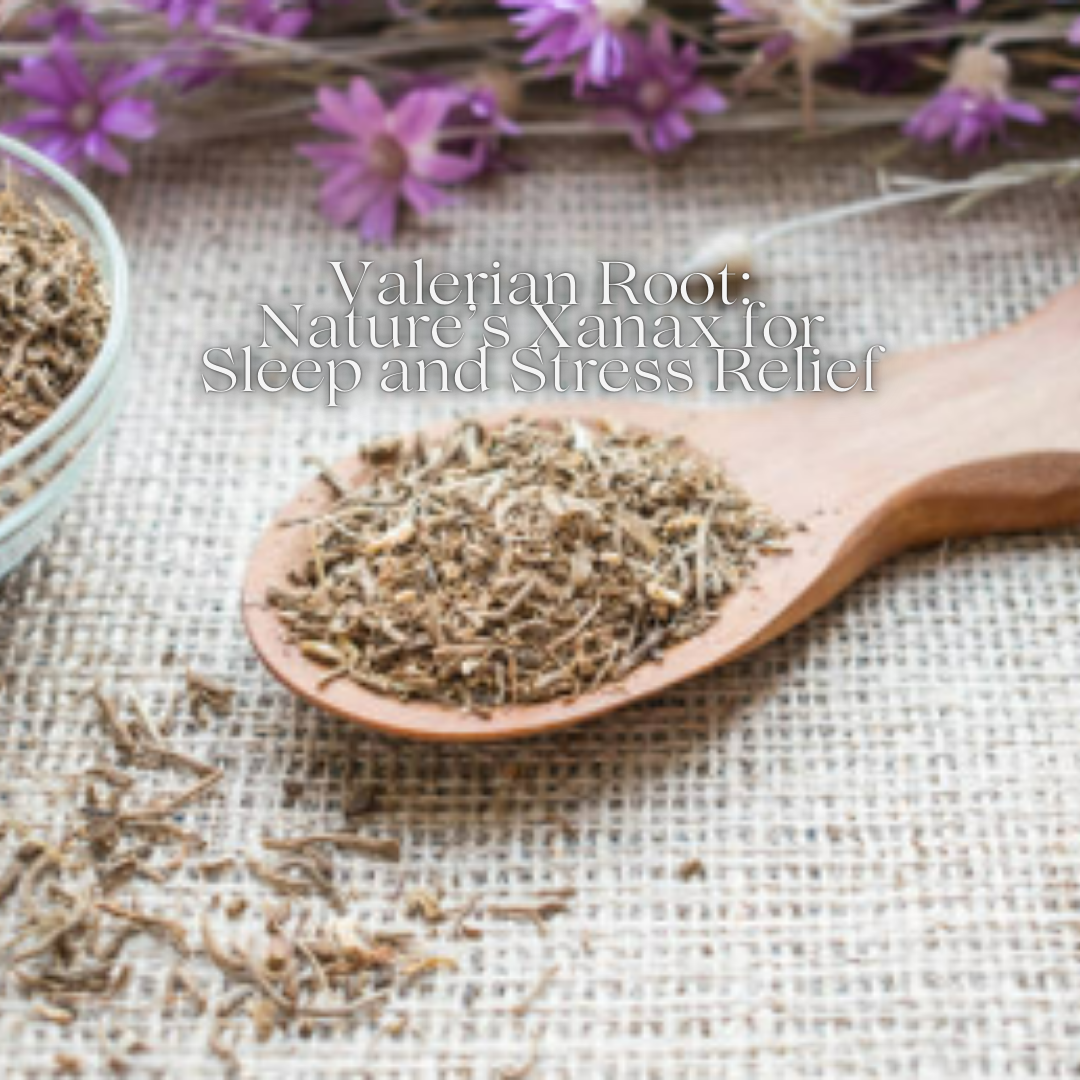Valerian root, derived from the Valeriana officinalis plant, has been valued for centuries for its calming and sedative properties. Historically, it has been employed to address insomnia, anxiety, and nervous restlessness. Modern research continues to explore its efficacy and potential applications in contemporary medicine.
![]()

Historical Significance
The use of valerian dates back to ancient Greece and Rome. Hippocrates, the renowned Greek physician, documented its therapeutic uses, and by the 2nd century, Galen prescribed it for insomnia. During the 16th century, it was utilized to treat nervousness, trembling, headaches, and heart palpitations. In more recent history, valerian was administered during World War I to treat shell-shocked soldiers and was used in England during World War II to alleviate the stress of air raids.
Contemporary Medicinal Uses
Today, valerian root is primarily promoted for its potential to improve sleep quality and reduce anxiety. It is commonly available in various forms, including teas, tinctures, capsules, and tablets.
Anxiety and Stress Reduction
Beyond its application as a sleep aid, valerian has been used to alleviate symptoms of anxiety and stress. While some individuals report relief, scientific evidence remains inconclusive, and further research is needed to establish its efficacy in treating anxiety-related conditions.
Mechanism of Action
The exact mechanism by which valerian exerts its effects is not fully understood. However, it is believed to increase the amount of gamma-aminobutyric acid (GABA) in the brain, a neurotransmitter that helps regulate nerve cells and has a calming effect on anxiety. This action is similar to that of certain prescription medications like alprazolam (Xanax), though valerian's effect is typically milder.
Considerations and Recommendations
While valerian root is generally considered safe for short-term use, it is essential to consult with a healthcare provider before incorporating it into your regimen, especially if you are taking other medications or have underlying health conditions. Potential side effects may include dizziness, drowsiness, headache, stomach upset, mental dullness, and vivid dreams. To minimize the risk of adverse effects, it is advisable to start with a lower dose and gradually increase as needed.
Due to its sedative properties, valerian root should be taken in the evening, approximately 30 minutes to two hours before bedtime, to promote restful sleep. Avoid operating heavy machinery or engaging in activities that require alertness after taking valerian. Additionally, combining valerian with other sedative substances, including alcohol, may enhance drowsiness and is not recommended.
In conclusion, valerian root has a long history of use as a natural remedy for sleep disturbances and anxiety. While some individuals may experience benefits, scientific evidence remains mixed, and further research is warranted. As with any supplement, it is crucial to consult with a healthcare professional to determine if valerian root is appropriate for your individual needs.
Note: This blog post is for informational purposes only and does not constitute medical advice. Always consult with a qualified healthcare provider before starting any new supplement or treatment.
Sources:
National Institute of Health - Office of Dietary Supplements (ODS) - Valerian Fact Sheet for Health Professionals
National Institute of Health - National Center for Complementary and Integrative Health (NCCIH) - Valerian
WebMD - Valerian Root
Mount Sinai - Valerian

0 commentaires